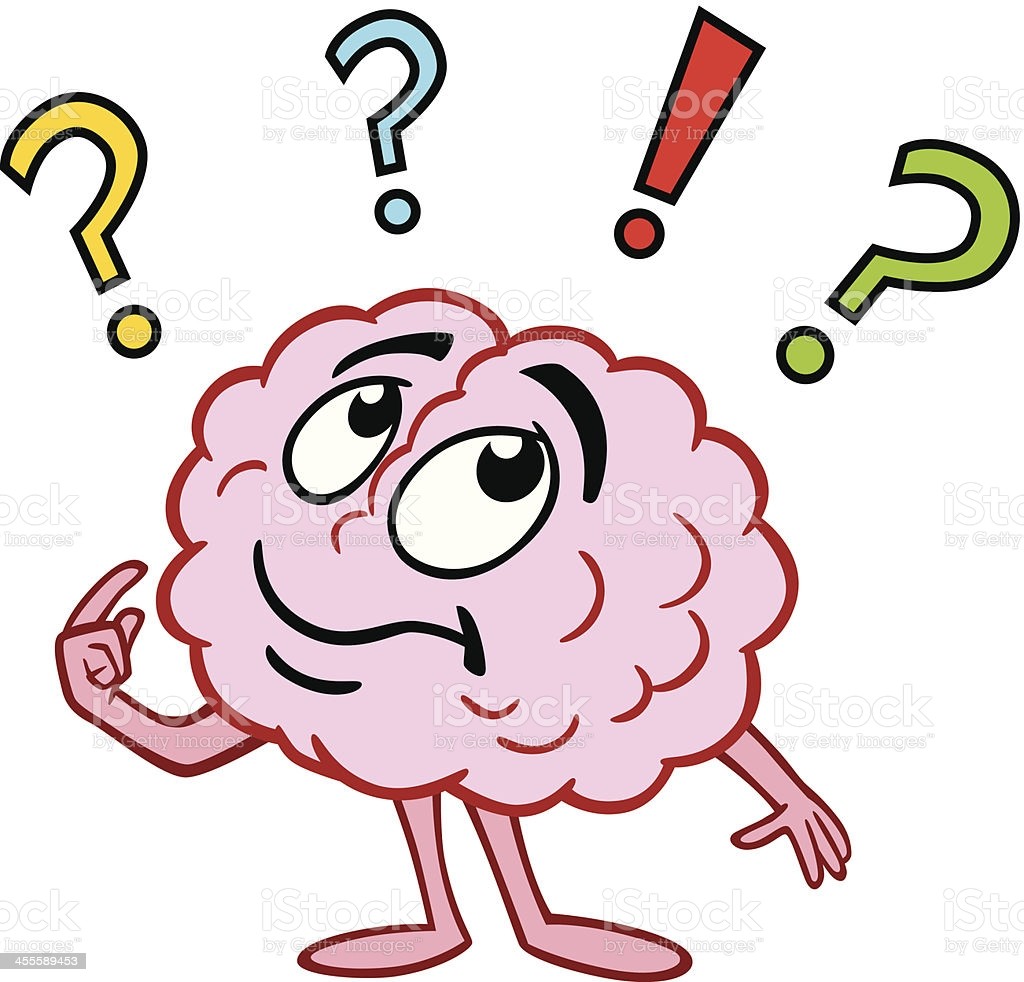Article written by Anca Kosina, clinical psychologist and specialist psychotherapist, for over 16 years in the field. Anca also has a specialization in aeronautical psychology and interventions in post-traumatic stress situations.
Conditionings are thoughts of the type.:
- “I’m not good at doing that!”
- “What do you want, to change now in old age?!”
- “People are bad!”
Conditioning occurs from the earliest ages, so by the age of 7, about half of the conditioning is already fixed in the child’s brain. Which means that the child is already coming alive with these ideas through which he filters reality.
Subsequently, until adulthood this conditioning is always “getting drunk”, so that by the age of 30 we already have a highly conditioned individual, whose opinions are a bit nailed down and someone will hardly be able to modify them.
These conditionings find their physical counterpart in the brain: neurons create a certain kind of connections as a result of conditioning, which once stabilized they keep strengthening. It is like the water of a mountain stream that once it has created a path among the stones digs deeper through that beech and only with great difficulty will it be able to be diverted to other channels.
Such a conditioned brain is obviously a limited brain. It will perceive reality only through the filter of it’s conditioning and of course that what the brain sees, sometimes has little chance that it really will be real. It’s a reality of its own, if you will, it’s not necessarily a true reality.
Often, behind each such thought there is also a fear, the fear of trying, the fear of not being good enough, the fear of getting out of the comfort zone or other fears that we all experience at the level of collective consciousness.
They are fears taken from parents or they are from society, and these fears manifest themselves because we have not “faced” them.
They hide because of our defence system formed since childhood. A defence system built to keep us safe.
This defence system fools us and gives us a reality in which we do not feel guilt or shame, we do not disregard ourselves and on top of that it positions us as the greatest and the centre of the Universe.
This defence system builds these conditionings for us in such a way that in the long run we are at the “shelter”, that is, we do not risk at all.
Although few, there are also positive aspects of conditioning. Driving the car, for example, is also done as a result of a conditioning process, through which the brain is taught to drive a car. So is the conditioning by which a trade is taught.
Most of the time, however, the beliefs, the conditionings, the blockages, the myths keep us captive in a life that boils down to an imaginary bubble in which we know them all. That’s what happens until we get out of this bubble and collide with the outside when everything changes, but the problem is that we become addicted to this illusion.
We will lie to ourselves as long as we can hide from the truth. But can we hide?
We cannot hide and it appears in our lives in various forms, for example: Is this what my life was supposed to look like?
Or in my professional life: I’m happy with what I do, is that what I wanted?
Or in family life in the form: Do I educate my child properly?
Or in a life crisis: Am I still lying to myself a lot?
Conditionings are tools of the Ego to keep us alive and appeal to them just so as not to get out of the comfort zone.
What do conditionings do to us?
- They build us rigid behavior.
- They don’t allow us to learn new things.
- They do not allow us to develop our emotional intelligence.
- We don’t empathize anymore.
- We’re aging fast.
There are too many disadvantages, and then it is very important to get out of the scope of these conditionings.
The solution is to ask ourselves a relatively simple question, but it works wonders if it is asked how many times we hear our minds know something for sure.
“Is that really the case?”
Here’s an effective exercise: You already have a formed opinion about what I’ve told you so far, and please ask yourself this question: “How did my opinion get cost, on what concepts?
Am I right, is it really the way I think?”
Observe what is happening, observe what the mind says, and observe what your intuition tells you.

